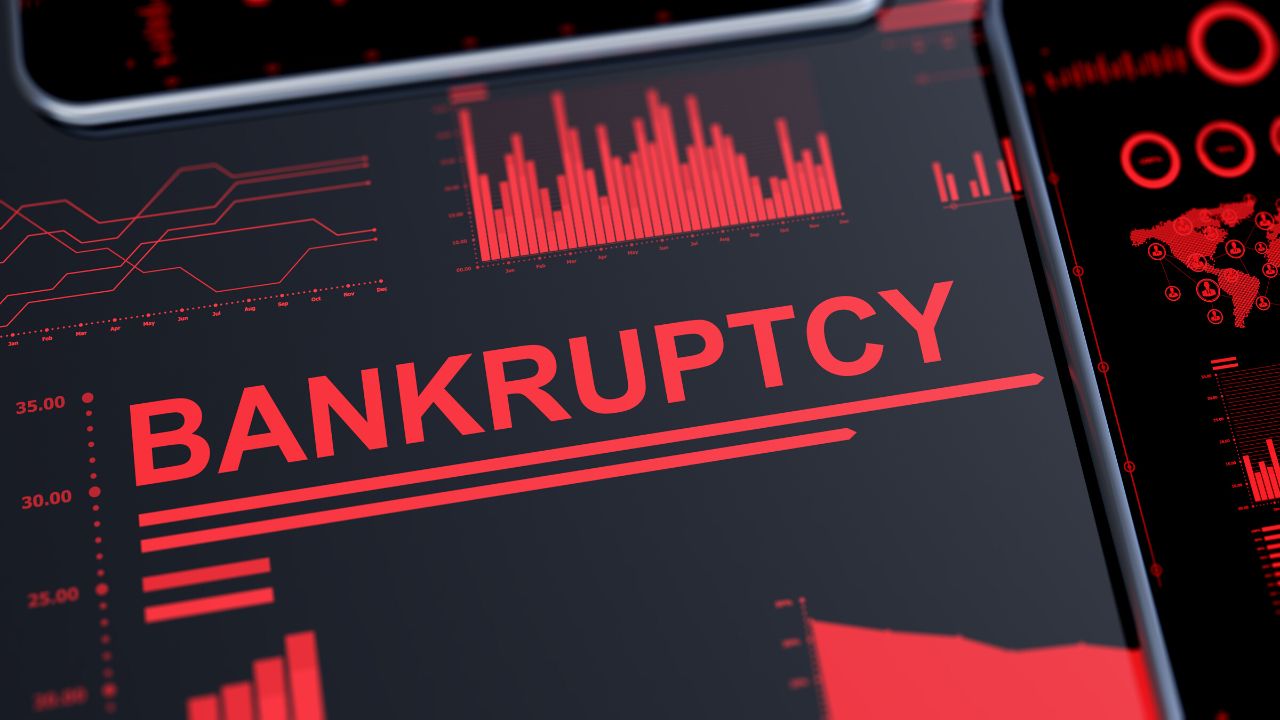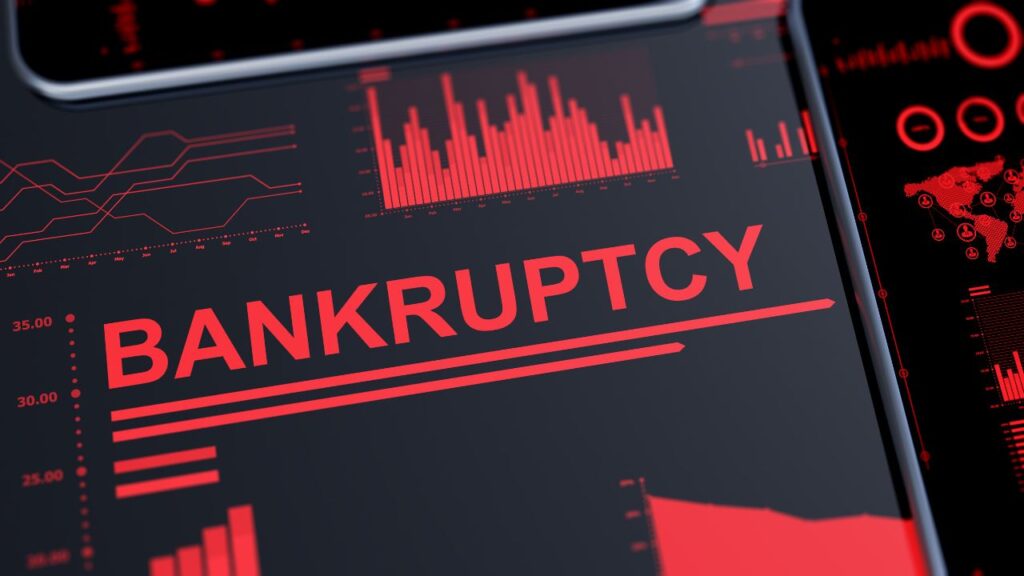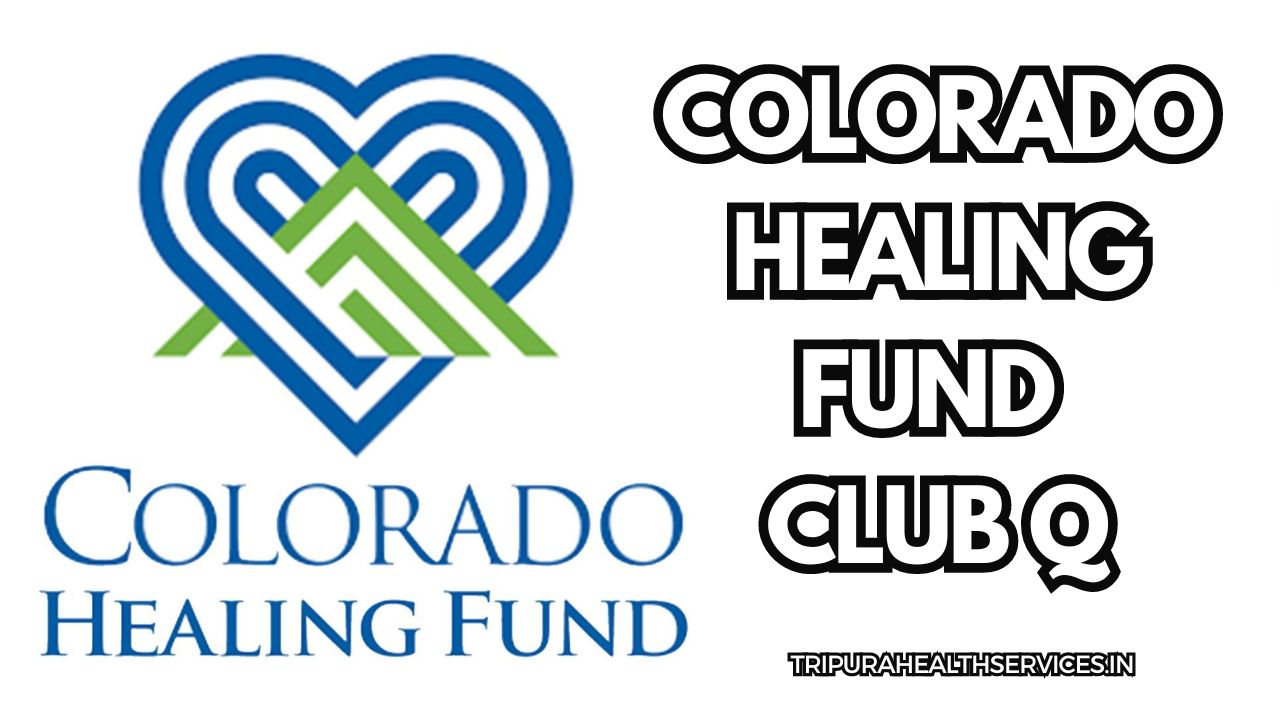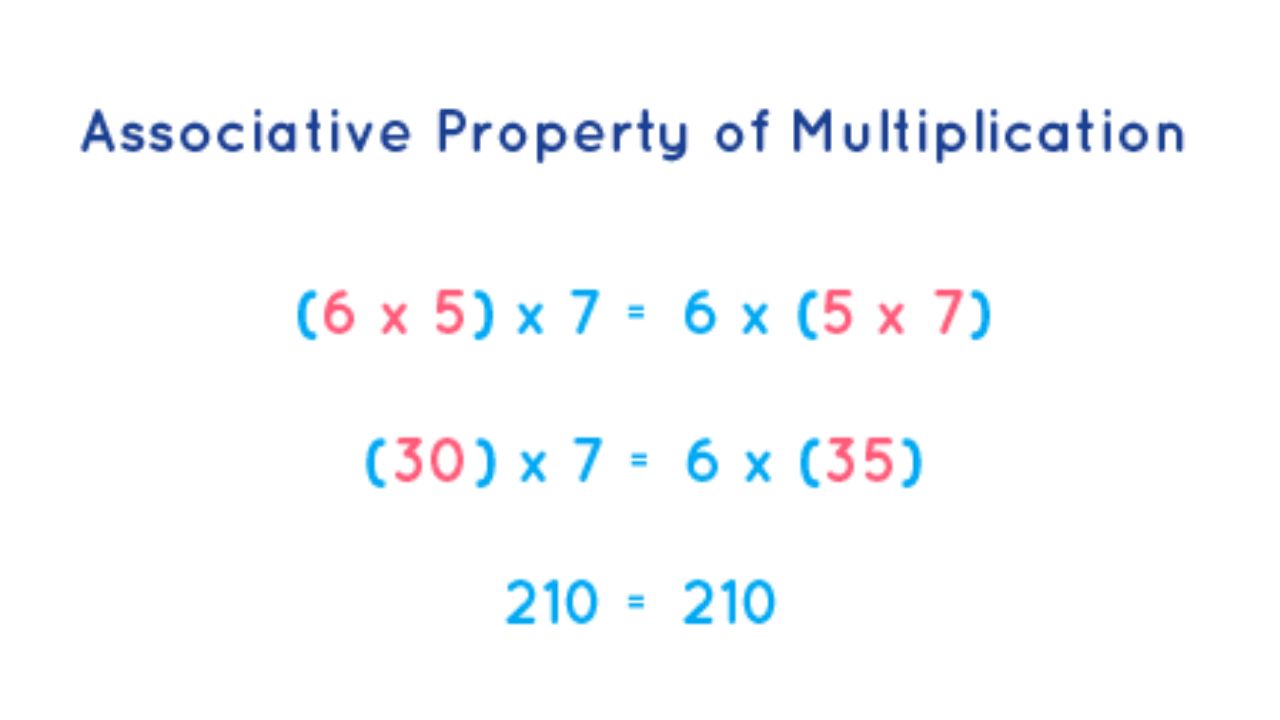Every Detail about Loans to Family Bankruptcies

If you have lent money to a family member and they file for bankruptcy, it is possible that the debt you are owed may not be discharged in the bankruptcy proceedings. This is because, in most cases, debts that are considered “non-dischargeable” are not eliminated in bankruptcy. Non-dischargeable debts are generally those that are considered to be a result of fraud, misrepresentation, or other misconduct.
If you are a creditor and you believe that the debt you are owed should not be discharged in the bankruptcy proceedings, you may need to file a complaint with the bankruptcy court to contest the discharge of the debt. This is known as an “adversary proceeding.” Adversary proceedings are separate legal actions that are filed within a bankruptcy case and are used to resolve disputes or controversies that arise in the case.
If the bankruptcy court determines that the debt you are owed should not be discharged, it will not be eliminated and you may be able to continue to pursue collection of the debt after the bankruptcy case is concluded. However, if the bankruptcy court determines that the debt should be discharged, you may not be able to continue to pursue collection of the debt and will have to write it off as a loss.
It is important to note that bankruptcy laws vary by jurisdiction, so it is important to consult with a bankruptcy attorney to understand your rights and options if you have lent money to a family member who has filed for bankruptcy.

What are Bankruptcies?
Bankruptcy is a legal process that allows individuals or businesses to restructure or eliminate their debts. It is a way for people or organizations that are unable to pay their debts to get a fresh start and make a plan to repay their creditors.
In the United States, bankruptcy is governed by federal law, specifically the Bankruptcy Code. There are several different types of bankruptcy that individuals and businesses can file, including Chapter 7, Chapter 11, and Chapter 13.
Chapter 7 bankruptcy is also known as a “liquidation” bankruptcy. It allows individuals or businesses to sell off their assets to pay off their debts and have the remaining debts discharged, or eliminated. This type of bankruptcy is typically used by individuals or businesses that do not have the income or assets to pay off their debts.
Chapter 11 bankruptcy is also known as a “reorganization” bankruptcy. It allows businesses to restructure their debts and come up with a plan to repay their creditors over time. Chapter 11 is often used by large businesses that need to restructure their debts in order to continue operating.
Chapter 13 bankruptcy is a type of bankruptcy that is available to individuals. It allows individuals to repay their debts over a period of time, typically three to five years. This type of bankruptcy is often used by individuals who have a regular income and are able to make monthly payments to their creditors but need more time to pay off their debts.
If you are considering bankruptcy, it is important to understand the different types of bankruptcy and how they may affect you. It is also important to consult with a bankruptcy attorney to understand your rights and options.
How to Cancel Loans to Family Bankruptcies
If you have lent money to a family member and they have filed for bankruptcy, it is generally not possible to simply cancel the loan or debt. This is because the bankruptcy process is designed to provide a fair and orderly resolution of debts, and it typically involves the distribution of debtors’ assets to pay off their creditors.
If you are a creditor and you are concerned about the impact of a family member’s bankruptcy on the debt you are owed, you may have the option to file a complaint with the bankruptcy court to contest the discharge of the debt. This is known as an “adversary proceeding.” Adversary proceedings are separate legal actions that are filed within a bankruptcy case and are used to resolve disputes or controversies that arise in the case.
If the bankruptcy court determines that the debt you are owed should not be discharged, it will not be eliminated and you may be able to continue to pursue collection of the debt after the bankruptcy case is concluded. However, if the bankruptcy court determines that the debt should be discharged, you may not be able to continue to pursue collection of the debt and will have to write it off as a loss.
It is important to note that bankruptcy laws vary by jurisdiction, so it is important to consult with a bankruptcy attorney to understand your rights and options if you have lent money to a family member who has filed for bankruptcy.

Loans to Family Bankruptcies issue process
If you have lent money to a family member and they have filed for bankruptcy, the process for addressing the debt you are owed will depend on the type of bankruptcy that has been filed and the specific circumstances of your case. Here is a general overview of the process for addressing loans to family bankruptcies:
- Determine the type of bankruptcy: The first step is to determine the type of bankruptcy that has been filed. There are several different types of bankruptcy, including Chapter 7, Chapter 11, and Chapter 13. Understanding the type of bankruptcy that has been filed can help you understand the options that are available to you.
- Review the bankruptcy petition: The bankruptcy petition is a legal document that lists the debtor’s debts and assets. It is important to review the petition to determine if the debt you are owed is listed and whether any exemptions apply. Exemptions are legal protections that may allow the debtor to keep certain assets, even if they are required to sell off other assets to pay their debts.
- File a proof of claim: If the debt you are owed is listed on the bankruptcy petition, you may need to file a proof of claim with the bankruptcy court. A proof of claim is a formal document that serves as evidence that you are owed a debt and must be filed in order for you to participate in the bankruptcy proceedings and receive payment from the debtor’s assets.
- Attend the meeting of creditors: After the bankruptcy petition has been filed, the debtor will be required to attend a meeting of creditors. This is an opportunity for creditors to ask the debtor questions about their debts and assets. As a creditor, you may have the opportunity to attend the meeting and ask the debtor questions about the debt you are owed.
- File an adversary proceeding: If you believe that the debt you are owed should not be discharged in the bankruptcy proceedings, you may need to file an adversary proceeding with the bankruptcy court. An adversary proceeding is a separate legal action that is filed within a bankruptcy case and is used to resolve disputes or controversies that arise in the case.
- Wait for the bankruptcy court’s decision: After the bankruptcy case has been concluded, the bankruptcy court will issue a decision regarding the discharge of the debtor’s debts. If the court determines that the debt you are owed should not be discharged, it will not be eliminated and you may be able to continue to pursue collection of the debt. However, if the court determines that the debt should be discharged, you may not be able to continue to pursue collection of the debt and will have to write it off as a loss.
It is important to note that the bankruptcy process can be complex and the specific steps may vary depending on the jurisdiction and the circumstances of your case. It is always a good idea to consult with a bankruptcy attorney to understand your rights and options if you have lent money to a family member who has filed for bankruptcy.







3 Comments